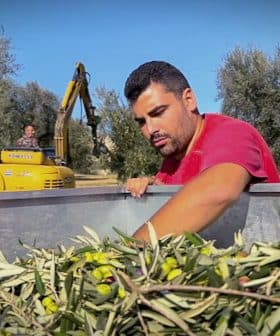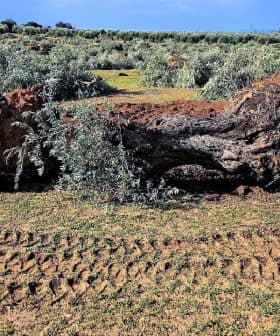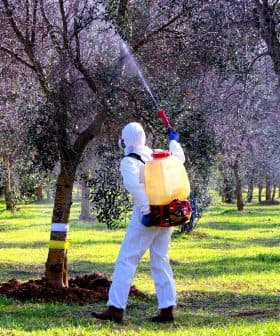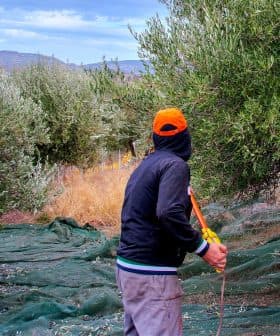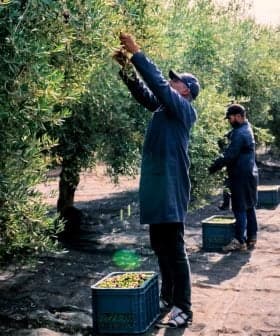Grant Provides Funds for Researching Xylella Fastidiosa Biopesticides
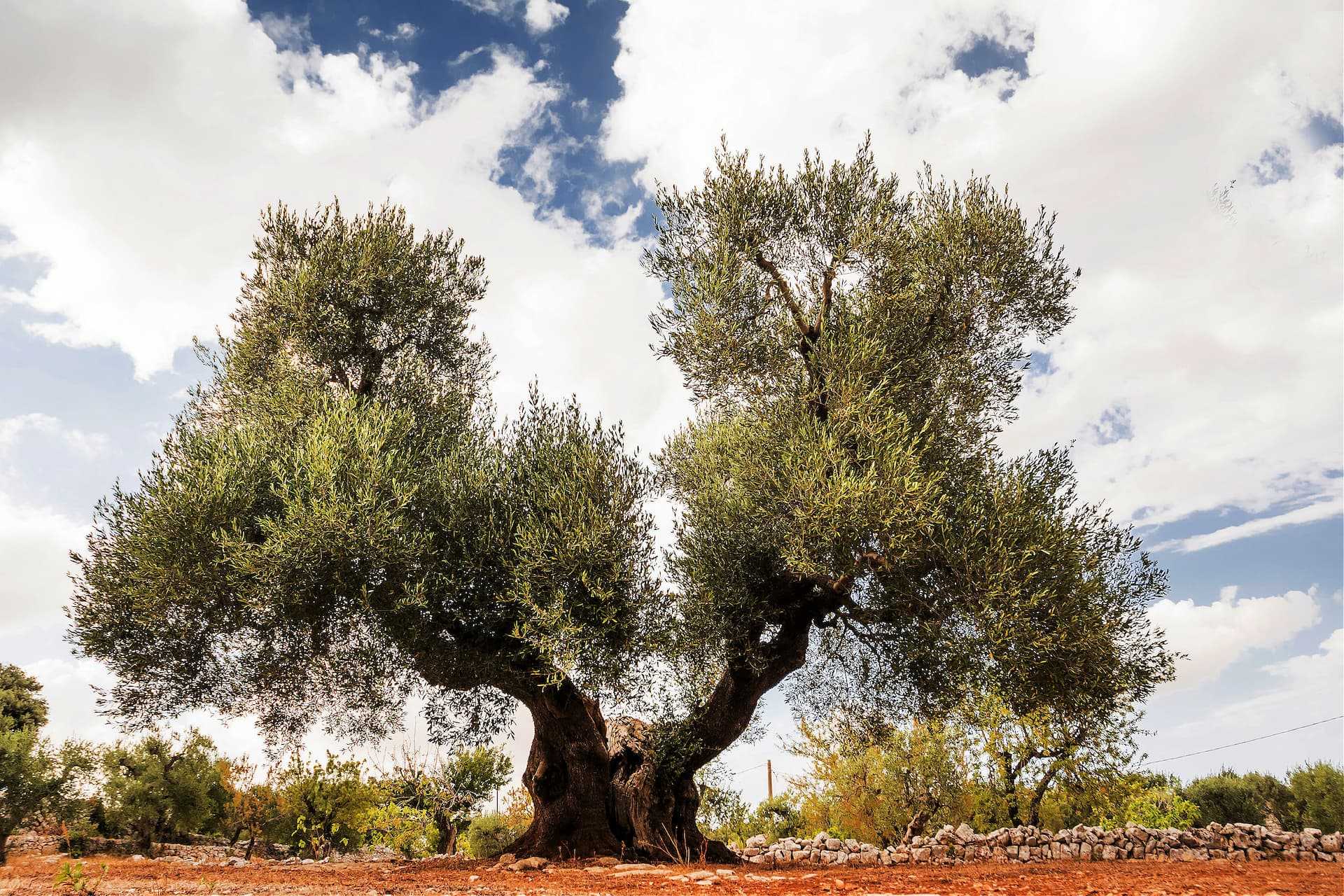
The European Commission awarded the University of Jaén a grant to research treatments for Xylella fastidiosa, a deadly olive tree pathogen, aiming to develop a new biopesticide. The study seeks to increase the range of alternative biopesticides for agriculture in the E.U. to address the significant challenges posed by Xylella fastidiosa and reduce reliance on chemical pesticides.
The European Commission has awarded the Marie Skłodowska-Curie investigative action grant to the University of Jaén to research treatments for the deadly olive tree pathogen, Xylella fastidiosa.
“The objective of the project is to develop a new intelligent biopesticide based on bacterial spores specifically aimed at eliminating Xylella fastidiosa,” said Julia Manetsberger, a researcher at the University of Cambridge.
Additionally, the study seeks to increase the range of alternative biopesticides for use in agriculture in the European Union.
See Also:New Tool Could Stop the Spread of Main Xylella Fastidiosa VectorXylella fastidiosa poses a significant challenge for olive farmers in the E.U. It is estimated that the bacteria causes an estimated annual production loss of €5.5 billion, thereby putting more than 300,000 jobs at risk unless its threat is contained.
As a result, the E.U. considers eradicating Xylella fastidiosa a high priority. Unfortunately, previous field treatment attempts have failed, highlighting the need to find a lasting solution to the olive tree menace.
At the same time, the commission’s ambitious Farm to Fork Strategy and Green Deal sets the reduction of chemical pesticides by 50 percent by the end of the decade as a top priority.
Currently, the availability of natural alternatives is low, which makes the search for new solutions for pests and disease vectors urgent.
Due to these challenges, the study proposes developing new biopesticides based on bacterial spores that specifically target Xylella fastidiosa insect vectors and infected trees.
While using spores is not new in medical applications, the study seeks to extend the concept by engineering spores to be used as a biopesticide delivery vehicle.
To achieve this, the study will isolate the bacterial candidates from vectors and orchards. An activity screen will identify new antimicrobial peptides that target Xylella fastidiosa.
These spores will then be engineered to express and store the active agents in the core or coat them against biological degradation and physicochemical. The heterologous protein will be released into the environment during germination.
“This study will provide novel insights into the treatment of Xylella fastidiosa under field conditions, while also extending our repertoire of alternative biopesticides for use in E.U. agriculture,” the commission wrote. “In a wider context, the project seeks to contribute to transforming E.U. agriculture into a modern, resource-efficient and resilient sector.”


